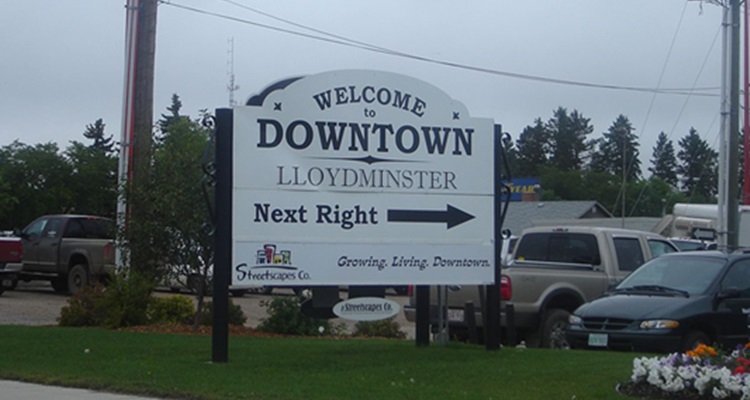In Canada, at least two Saskatchewan tribes have reportedly raised concerns about the $15.5 million aboriginal casino coming to the city of Lloydminster amid claims that they could suffer financially after being bypassed for some of the project’s components.
According to a report from the Canadian Broadcasting Corporation (CBC), last month saw officials from the Saskatchewan Indian Gaming Authority and the Federation of Sovereign Indigenous Nations attend a special ground-breaking ceremony for the planned 31,000 sq ft casino, which has been provisionally named Eagle Park West, despite ongoing objections from the Thunderchild First Nation and the Big River First Nation.
Originally envisioned by Wayne Semaganis, Chief for the Little Pine First Nation, the Eagle Park West enterprise, which is to be managed by the Saskatchewan Indian Gaming Authority, could reportedly create up to 140 jobs and is set to offer approximately 250 slots alongside six to eight gaming tables while future development could lead to the addition of a 250-room hotel as well as a 1,500-seat convention center, restaurant and convenience store.
The Saskatchewan Indian Gaming Authority, which employs nearly 2,000 people and has annual revenues of $260 million, is reportedly already responsible for six casinos in Saskatchewan with venues in Prince Albert, North Battleford, Yorkton, Swift Current, Dakota Dunes and on the White Bear First Nation reserve near Carlyle while the provincial government runs sites in Regina and Moose Jaw.
After his initial plan to develop the gambling enterprise on his own failed to get past the Federation of Sovereign Indigenous Nations regulator, Semaganis reportedly agreed in August to partner with the Onion Lake First Nation and eight other tribes including the Thunderchild First Nation and the Big River First Nation in establishing the Border Tribal Council to make the Lloydminster casino a reality.
However, Delbert Wapass, Chief for the Thunderchild First Nation, told the CBC that every one of the principle partners were asked to sign non-disclosure agreements prior to being informed about the particulars of the casino project or where its profits would be distributed. He stated that his group was subsequently “frozen out” after asking questions and is now no longer being treated as an equal partner.
Wapass reportedly declared that the Thunderchild First Nation was not permitted to invest in the casino building at Eagle Park West, which would have yielded the Turtleford-based tribe up to $80,000 a year, while he remained unsure whether his group could expect to receive more than $200,000 annually courtesy of the coming enterprise’s community development fund.
“It’s not fair,” Wapass told the CBC. “We have people suffering in our communities. We have been frozen out. It is not a good feeling, to have a federation that you are part of not look after the interests of all rather than the interests of a selected few. Why is it that these guys have such a hard time being fair?”
Wapass has reportedly called on the Federation of Sovereign Indigenous Nations to suspend construction approvals until every one of the ten members of the Border Tribal Council are reinstated and has revealed that he is prepared to take his fight for proper recognition to court.
“I have always believed that justice must prevail and we are going to do whatever we have to within my legal responsibility, being the elected Chief of the Thunderchild First Nation, to ensure that we are treated the way we need to be,” Wapass told the broadcaster.
Wapass reportedly explained that the Federation of Sovereign Indigenous Nations just wants the controversy to go away while Milton Tootoosis from the local Poundmaker Cree Nation told the CBC that he is “concerned” that “there isn’t enough transparency” in the paperwork behind the Eagle Park West enterprise.
Bob Merasty from the Federation of Sovereign Indigenous Nations reportedly proclaimed that his group is working to “ensure all ten bands are given a fair shake” and has attempted to host mediation sessions. But, he explained that the regulator would not halt construction as the whole matter is an internal affair that should now be handled by members of the Border Tribal Council.
For its part, the Saskatchewan Liquor and Gaming Authority told the CBC that it granted approval for the Eagle Park West casino based on the recommendation of the Saskatchewan Indian Gaming Authority and that it was not now prepared to become involved in the affairs of an individual tribal council.



